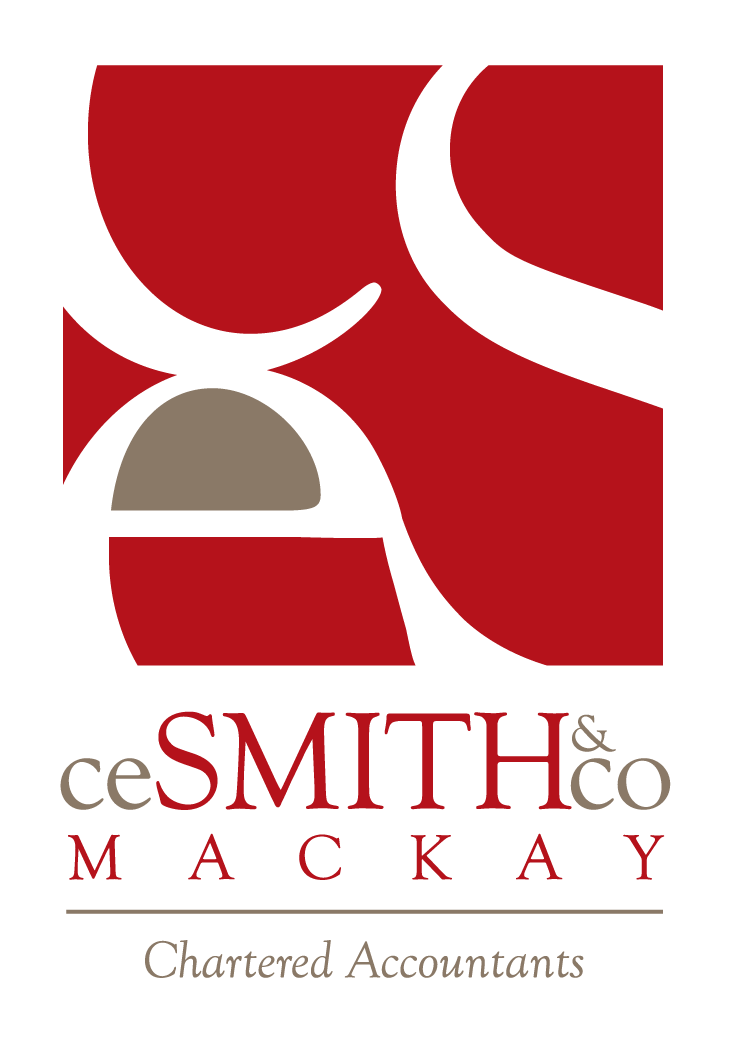SMSFs & Higher Interest Rates
SMSF trustees with limited recourse borrowing arrangements (LRBAs) are now feeling the impact of ten interest rate rises since May 2022 in one hit, from July 2023.
SMSF trustees relying on the ATO’s safe harbour terms to ensure that an LRBA remains, at all times, at arm’s length will face an increase in monthly repayments of interest and principal from 1 July 2023.
The arm’s length annual interest rate for 2023/24, as determined under the ATO’s safe harbour terms is based on the published rate for the month of May 2023 of the Reserve Bank of Australia’s Indicator Lending Rate for banks providing standard variable housing loans for investors.
In accordance with the ATO’s safe harbour interest rate for SMSFs with a related-party LRBA that is funding the purchase of real property, the relevant interest rate for 2023/24 will increase to 8.85%. This is an increase of 3.5% from the former rate of 5.35%.
Where the LRBA is funding the purchase of listed shares or listed units in a unit trust, the safe harbour rules require an additional margin of 2%, meaning the relevant interest rate for 2023/24 has increased to 10.85%. This will make SMSF cashflow more important than ever. Speak to your SMSF advisor around how to maximise cashflow, including making additional contributions to your fund where you have the capacity to do so.
On the flip-side, higher interest rates are resulting in super funds pilling more money into cash and bonds as they look for low risk investments. Funds have been increasing their exposure to cash and cash products from 18% of their savings pools last year to 22% so far this year, a new report shows.
Their exposure to the share market through direct investment dropped by 5% at the same time, as they funnelled their money into less volatile assets such as term deposits.
A reminder though that such a change in strategy must be consistent with your overall SMSF investment strategy, and may or may not be in the best interests of younger members whose circumstances may call for a higher risk, bolder investment strategy.

